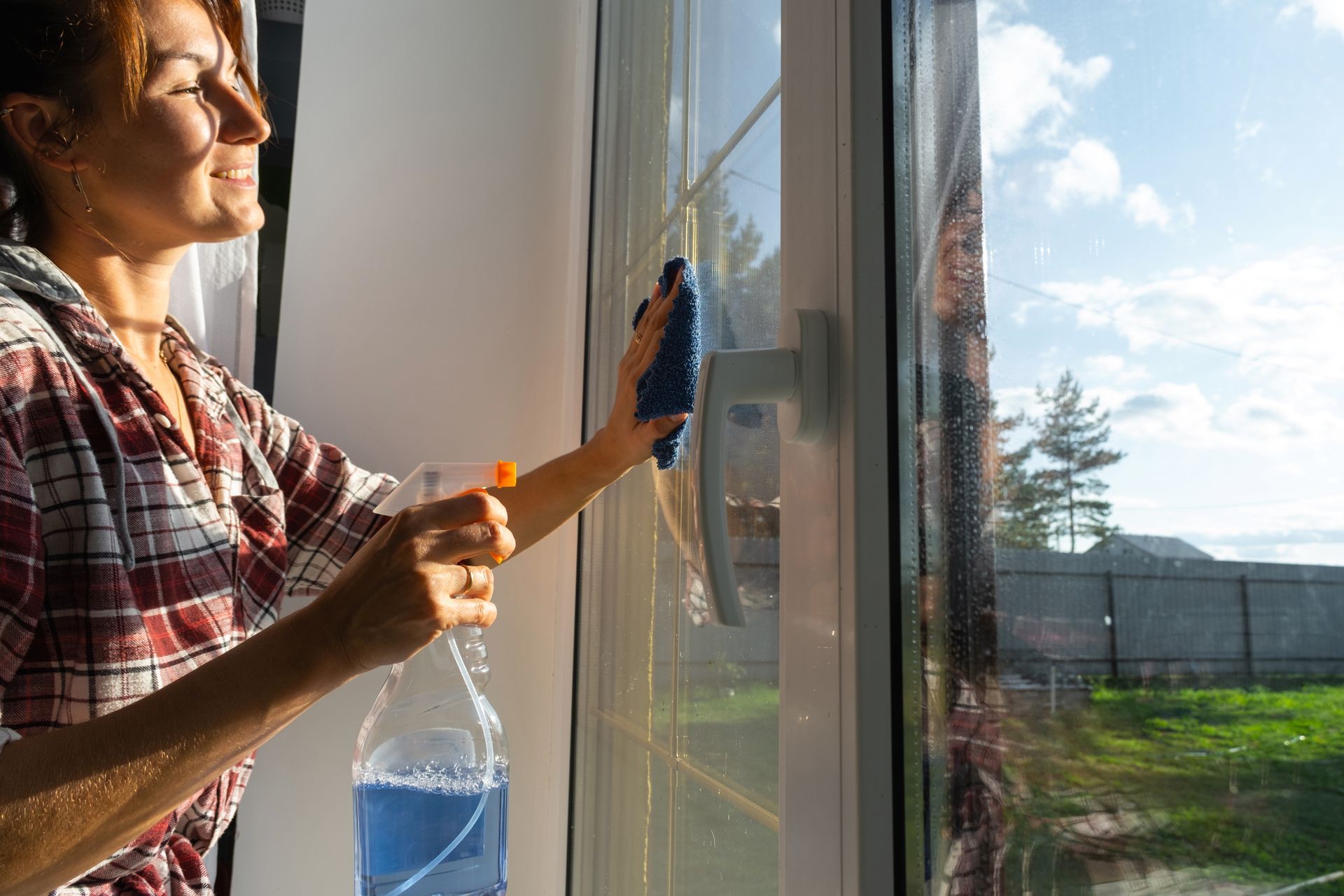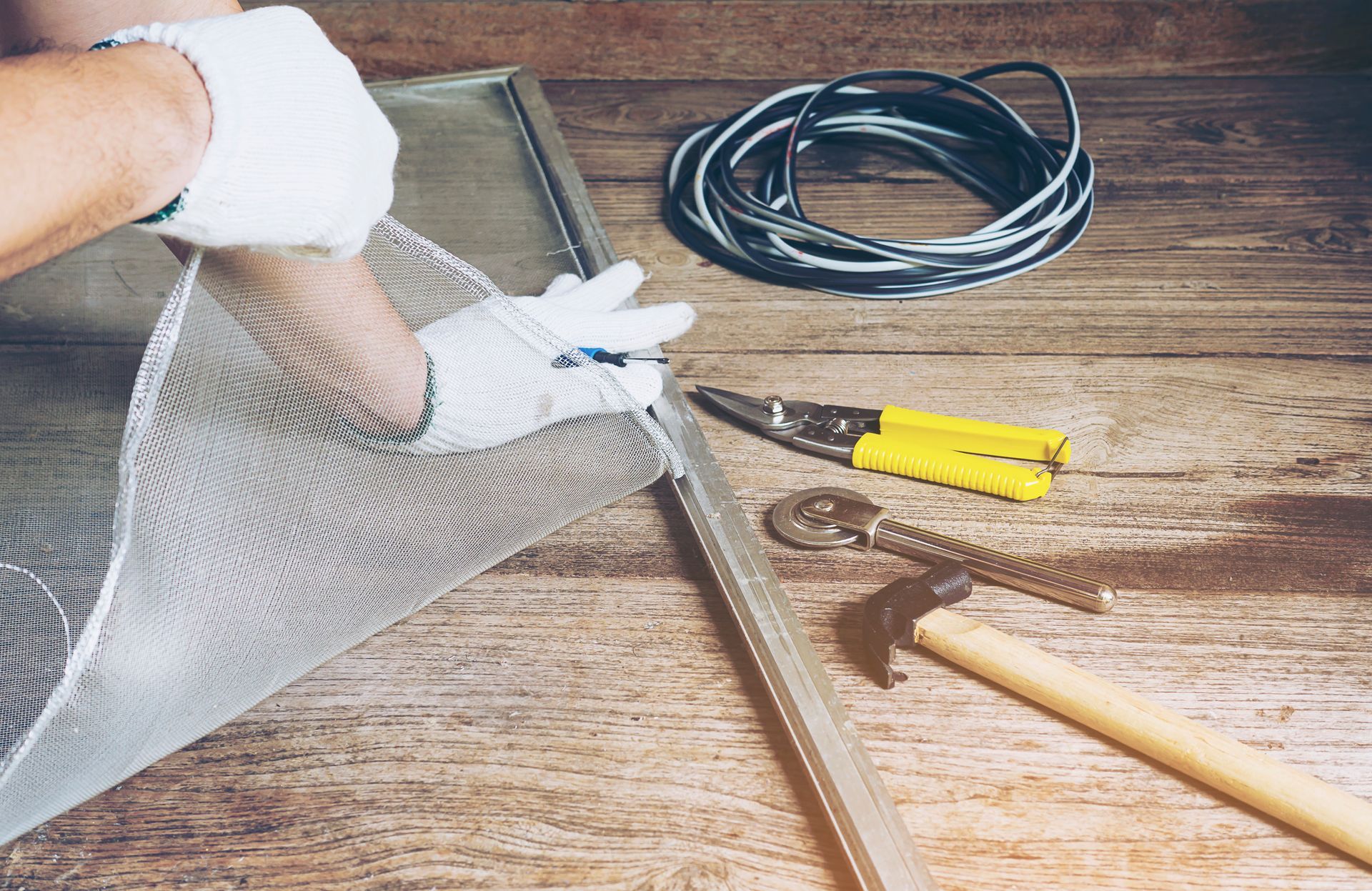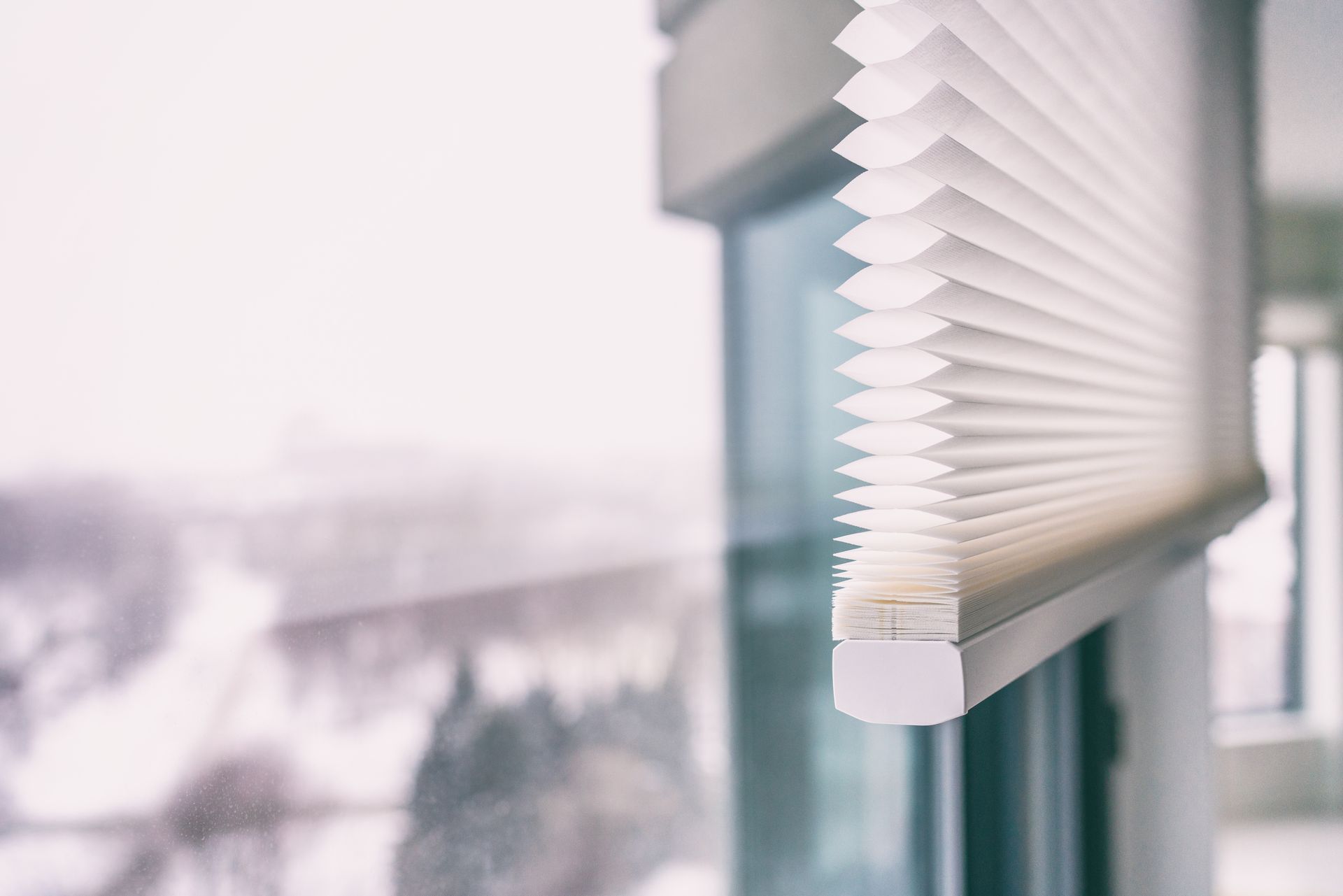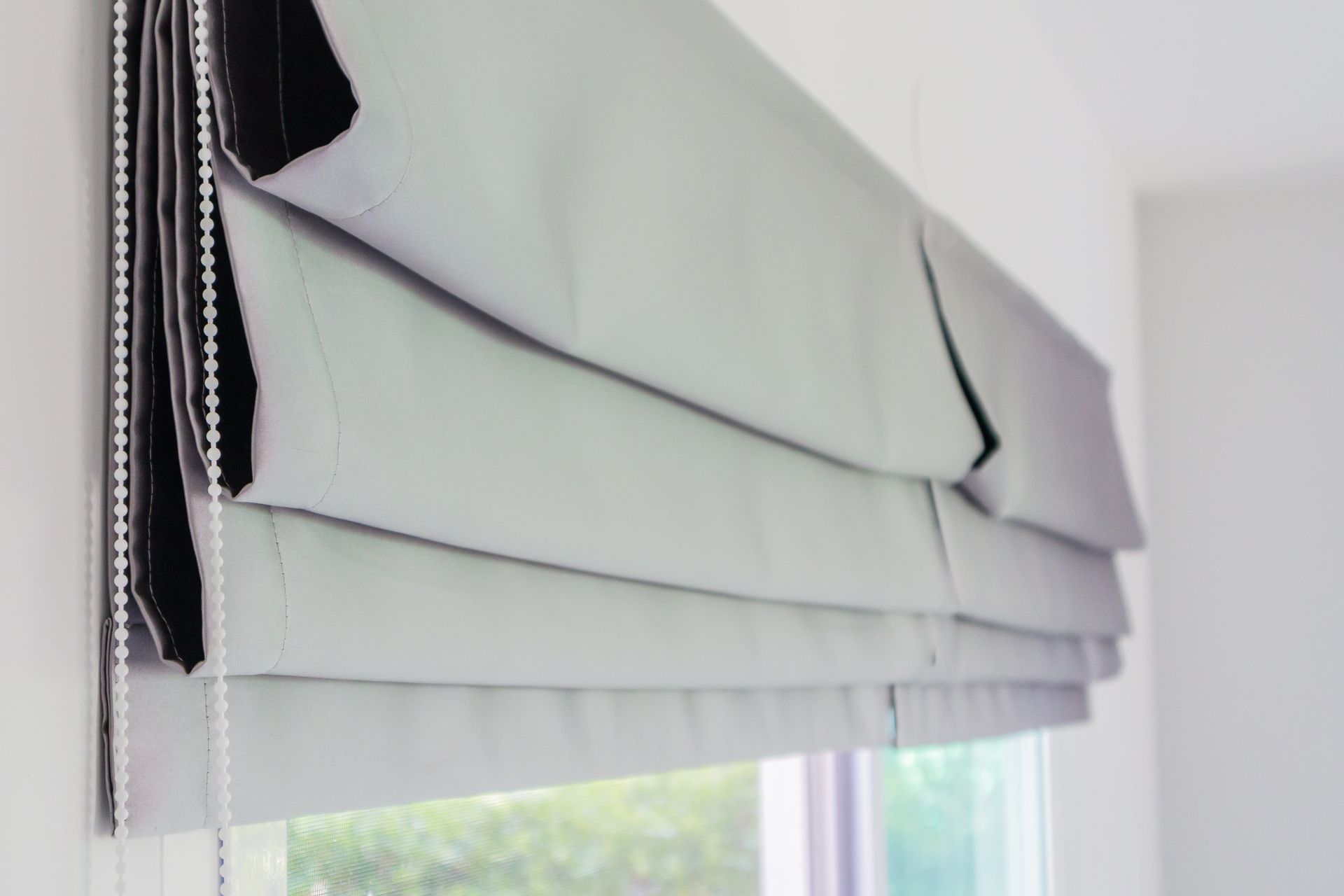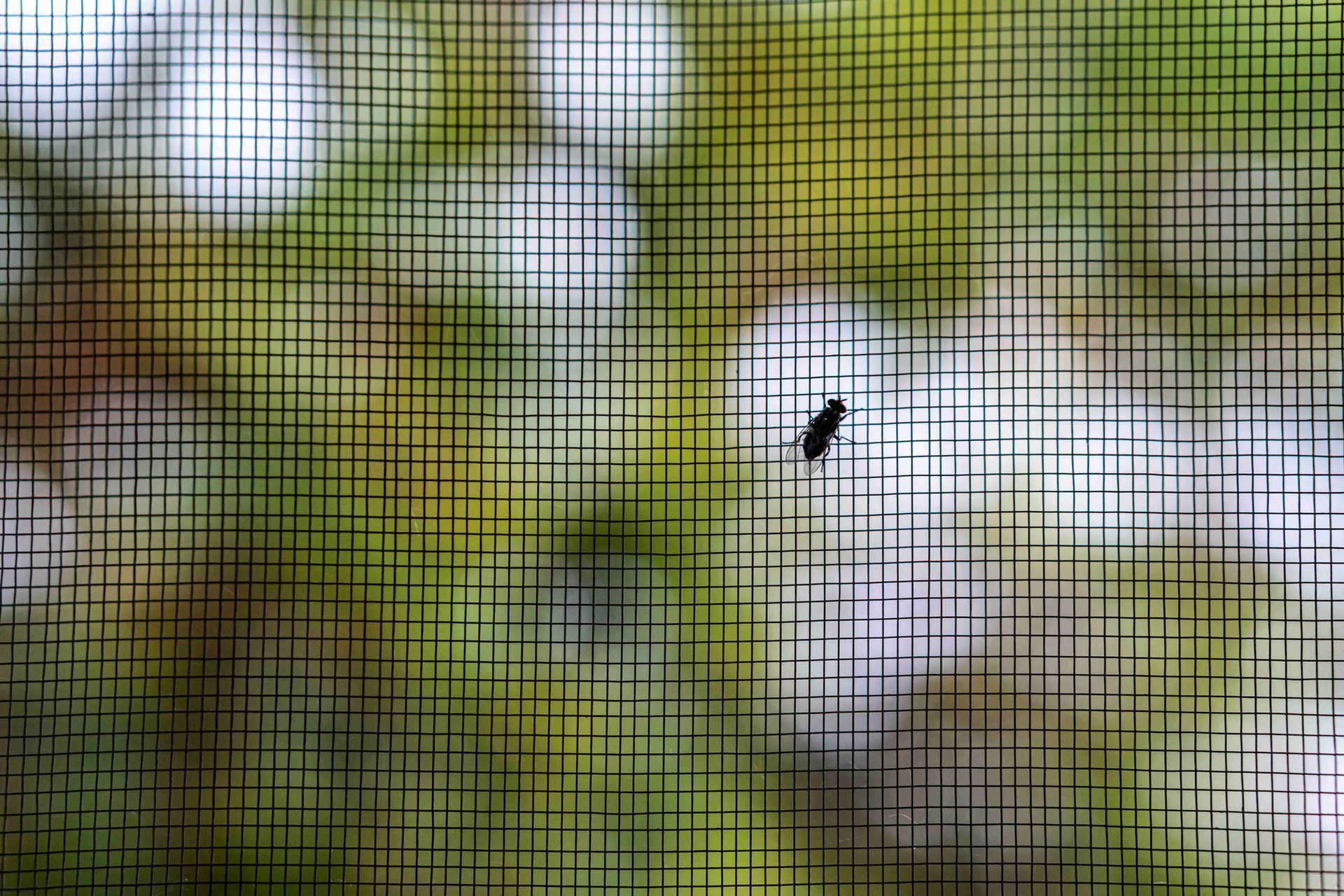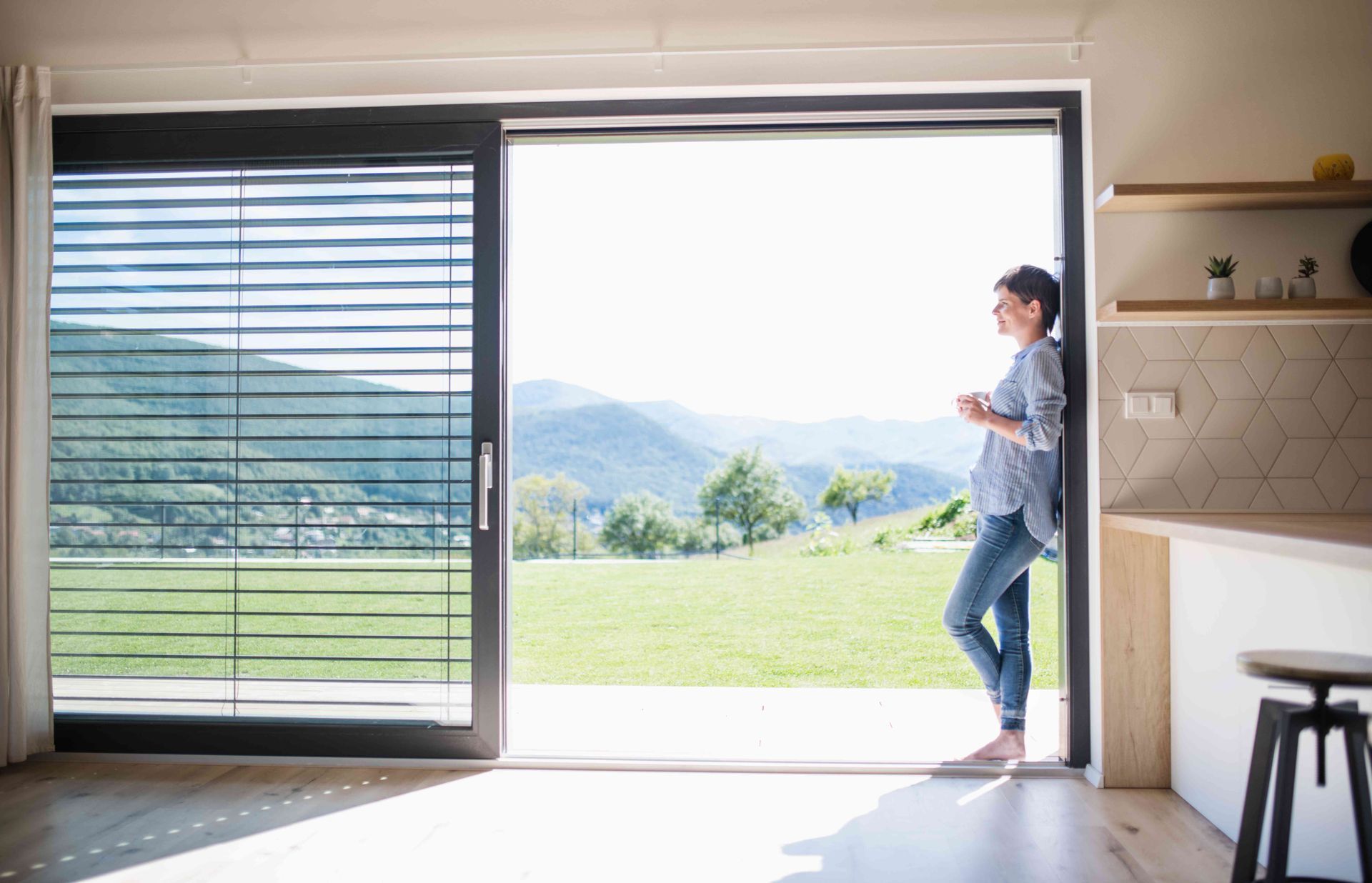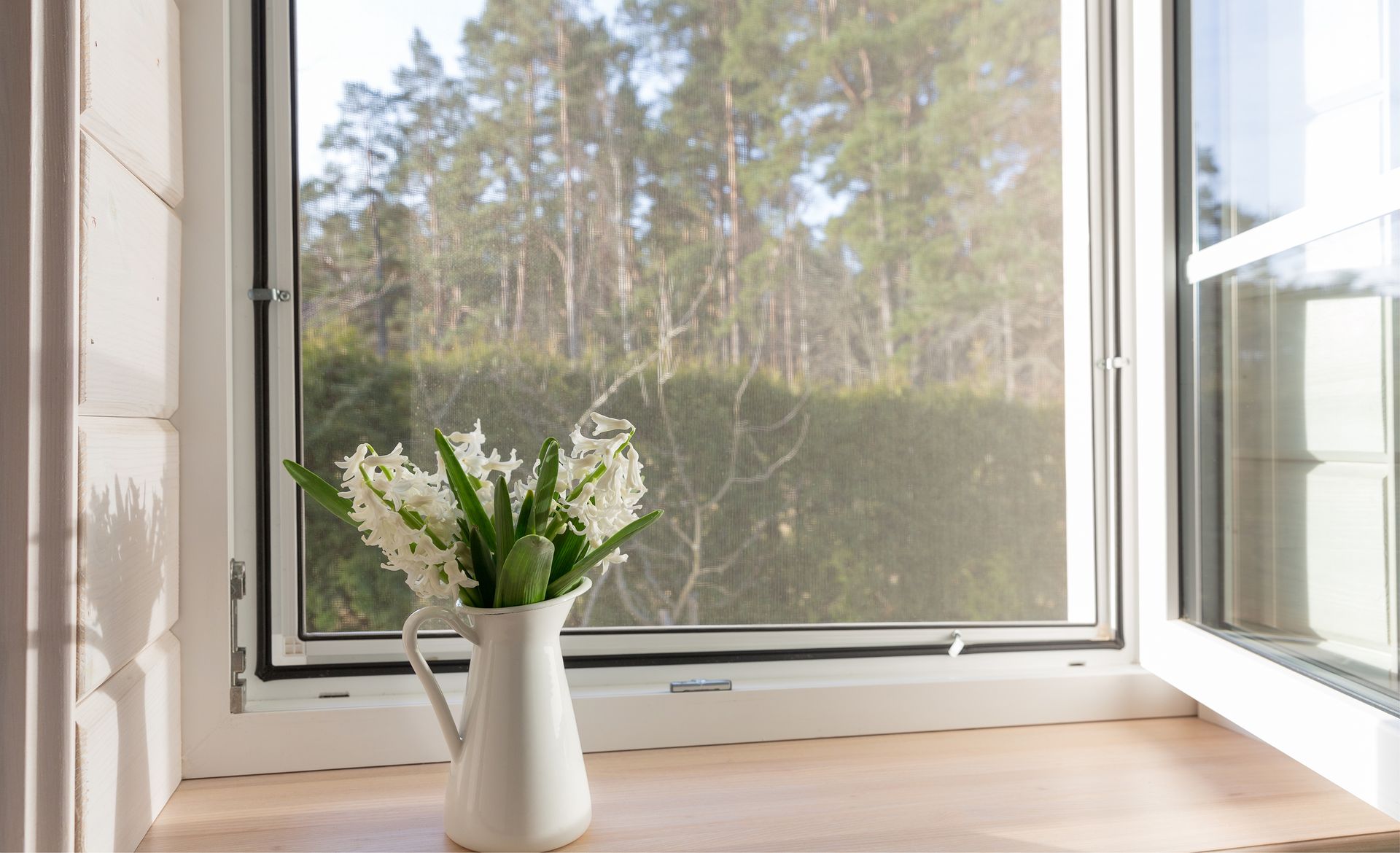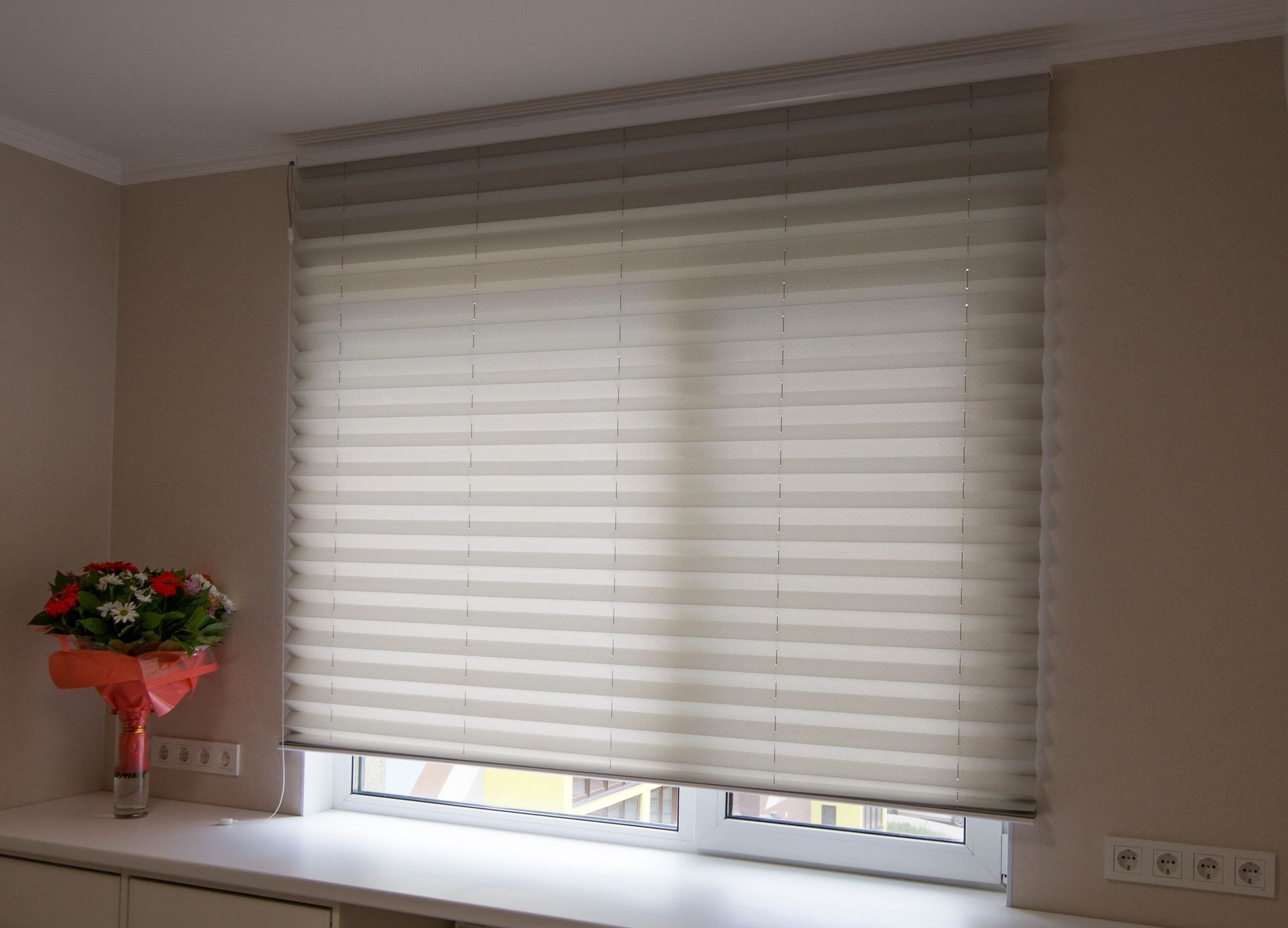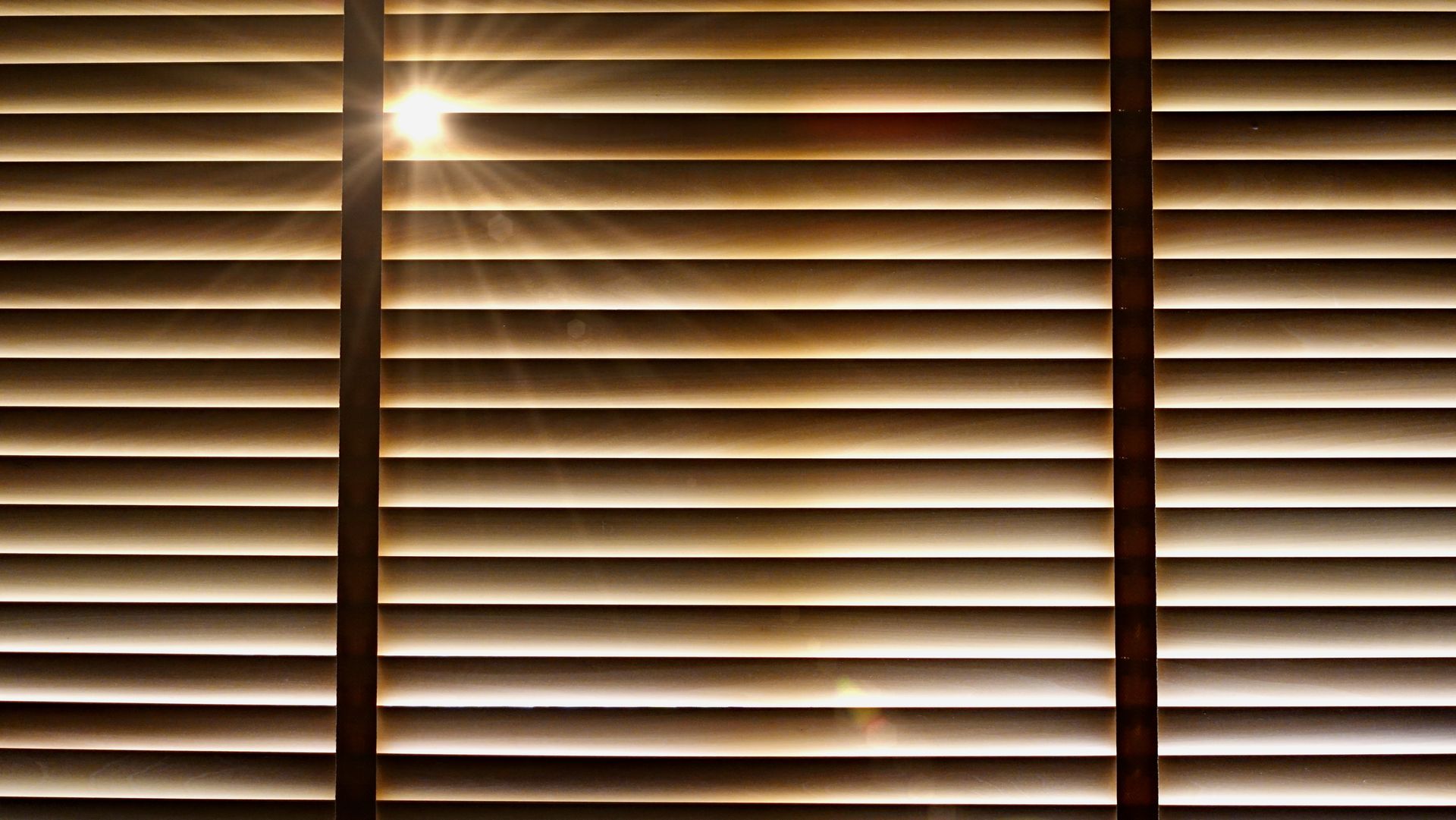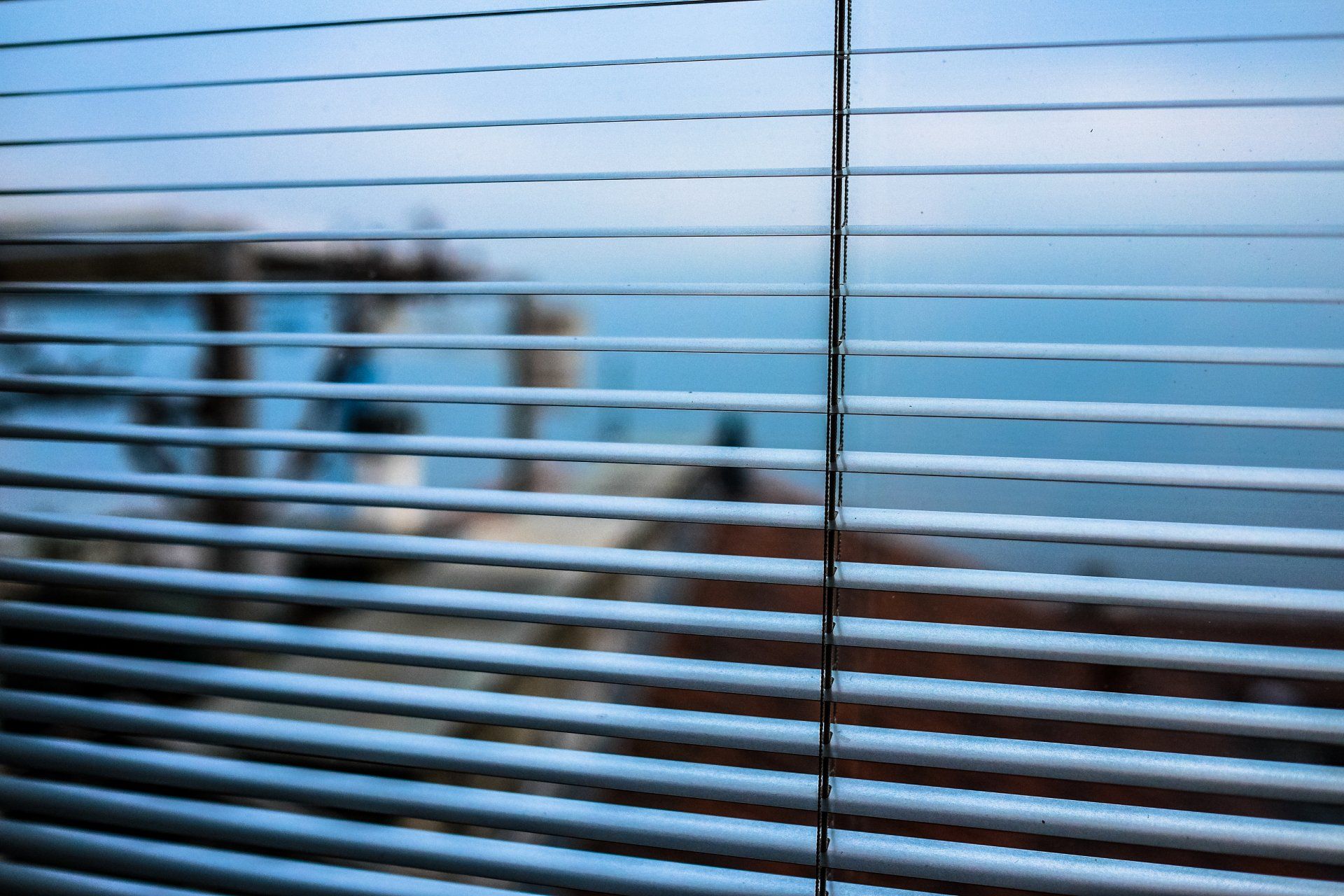The Ultimate Buyer's Guide to Double Hung Window Screens
Your double hung windows deserve screens that enhance both function and beauty, whether you're maintaining a historic home or upgrading a modern property. From screens for windows at Home Depot to custom solutions, we've got you covered.
Looking for the right window screen? Today's options go far beyond standard mesh. From sleek retractable designs to durable specialty materials, Screen Master helps homeowners choose screens that match their unique needs, whether you're looking for a half window screen or full coverage.
Let Screen Master guide you through selecting the perfect screen for your double hung windows. With over 20 years of experience crafting custom window screens, we'll help you understand:
- Different screen types and materials
- Installation options that work best for your windows
- Key features that enhance comfort and security
- Maintenance tips to extend screen life
Our mobile window screen service brings expert guidance directly to your doorstep. We'll ensure you get screens that fit perfectly, look great, and stand up to daily use, whether you need a double hung window screen replacement or a new installation.
Double hung window screens protect your home while preserving its character. Trust Screen Master to help you make the right choice for your property.
Double Hung Window Screens: What You Need to Know
At Screen Master, we understand that window screens do more than just keep bugs out - they're essential for your home's comfort and security. Let us help you understand how these screens work and why quality matters, especially for double hung windows.
Double Hung Window Screen Basics
Screen Master craftsprotective mesh barriers specifically for windows with two sliding sashes. We offer both half screens and full screens to match your needs. A double hung window half screen covers just the lower opening - perfect when you mainly open the bottom sash. Full screens protect the entire window, giving you complete flexibility to open either sash.
We use only premium materials in our screens - aluminum, fiberglass, or steel - ensuring they stand up to daily use. Our newest option, FlexScreen, features carbon-enriched spring steel that resists damage while maintaining a sleek appearance.
How Our Screens Work With Your Windows
Screen Master's expertise shows in how our screens complement double hung window operation. Since these windows have two independently moving sashes, proper screen placement is crucial. We mount screens on the exterior, protecting them from indoor damage while allowing smooth sash operation.
Want better airflow? Open the top sash to release warm air and the bottom sash for cool air intake. Our precise installation ensures your screens won't interfere with this natural ventilation. We use secure mounting systems - clips, springs, or flexible frames - that keep screens firmly in place yet allow easy removal for cleaning.
Why Quality Screens Matter
Screen Master's premium window screens deliver multiple benefits:
- Fresh Air Without Worry - Our screens let clean air flow while blocking particles that affect indoor air quality
- Complete Pest Protection - Keep mosquitoes and other insects out - the same technology that helped eliminate Malaria in the U.S. in the 1950s
- Lower Energy Bills - Enjoy natural ventilation instead of constant air conditioning
- Extra Protection - Block debris and harmful UV rays with our specialized mesh featuring Water Shed Technology™
With proper care, Screen Master's quality screens protect your home for 10-12 years. We bring over 20 years of experience right to your door, ensuring you get screens that enhance both function and appearance.
Screen Types for Your Double Hung Windows
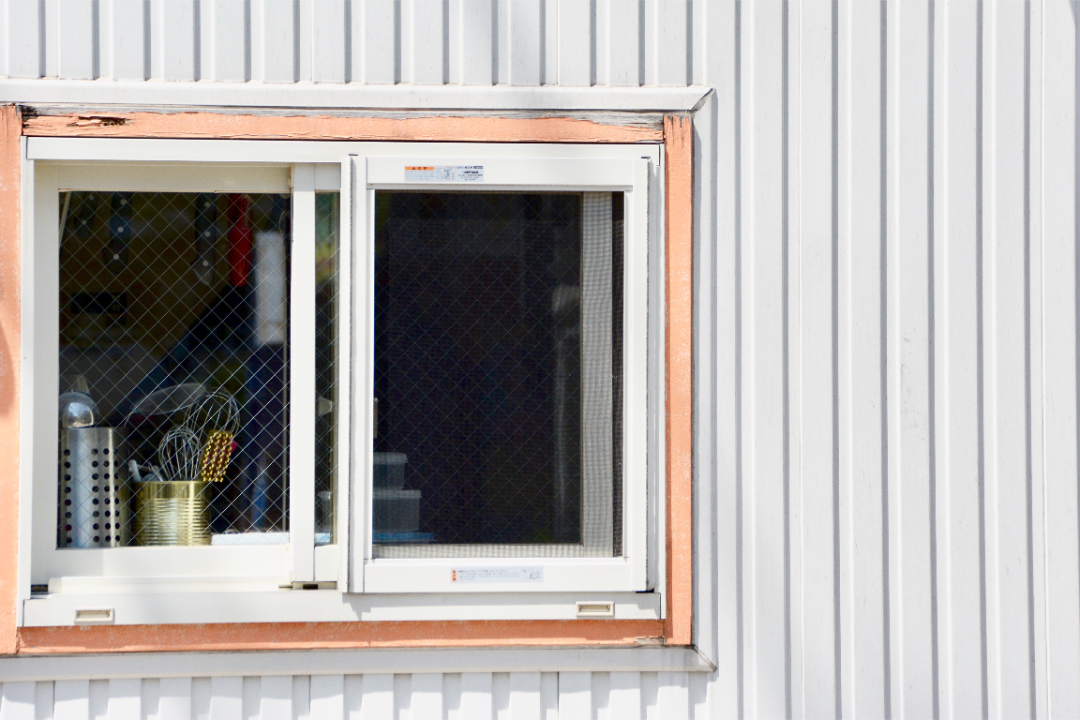
Screen Master brings you a complete range of double hung window screen options, each designed to match your specific needs. Let us help you choose the perfect screen for your home.
Half Screens or Full Screens: Making the Right Choice
Half window screens protect your lower window opening while keeping your top view crystal clear. Many Screen Master customers choose this option when they want unobstructed views through their upper window.
Full screens give you more flexibility. "We like to open some of the windows from the top sometimes. It keeps our cat from messing with the screens, and on the third floor, is better at ventilating a room, too, as the heat rises to the ceiling".
Fixed and retractable screens: Two Great Options
Screen Master offers both fixed and retractable solutions:
- Fixed screens provide reliable, cost-effective protection
- Traditional screens block up to 50% of natural light
- Retractable screens disappear when not needed
- Improve window efficiency by 40% or more
Mounting Options That Work
At Screen Master, we typically mount double hung window screens on the exterior. This placement protects your screens while allowing smooth sash operation.
For casement or awning windows, we recommend interior mounting. These screens "do not interfere with the hardware on casement and awning windows, and they are protected from the elements".
Latest Screen Innovations
Screen Master proudly offers FlexScreen - featuring a "PVC-coated spring steel frame that provides damage-resistant flexibility for quick installation and removal". This innovative design hides in your window's screen track, eliminating bulky frames.
We also install Pella's Integrated Rolscreen, which appears only when you open your window. These modern options enhance both function and appearance.
Need help choosing? Contact Screen Master today for a free consultation on double hung window screen options. We bring our mobile screen service directly to you, ensuring you get the perfect screen solution for your home.
Window Screen Materials: Making the Right Choice
Screen Master's expertise comes from selecting the perfect materials for each home's unique needs. Let us guide you through the options that balance durability, visibility, and special requirements.
Aluminum Screens: Built for Strength
When strength matters, aluminum screens deliver outstanding performance. These screens hold their shape in high winds and resist UV damage, making them perfect for sun-exposed windows.
But aluminum isn't right for every situation. While durable, these screens cost more than other options. They can dent from impacts and may oxidize near the coast. Screen Master helps you weigh these factors for your specific location.
Fiberglass Screens: Clear Views, Better Airflow
Most Screen Master customers choose fiberglass screens for their practical advantages. These screens won't crease or dent like aluminum, making them easier to install and maintain.
We use industry-standard .011" (.28 mm) diameter fiberglass mesh, delivering the perfect balance of strength and weight. The charcoal color reduces glare, giving you clearer views of the outdoors.
Pet-Proof and Specialty Options
Got active pets? Standard screens won't cut it. Our pet-resistant screens use vinyl-coated polyester - 7 times stronger than regular fiberglass. These tough screens stand up to claws and collisions while maintaining their good looks.
Screen Master's specialty options include:
- No-See-Um mesh for the tiniest insects
- Solar screens with 65% UV protection
- UltraVue featuring Water Shed Technology™
- AllergyGuard mesh for those with sensitivities
Frames That Last
Your screen's frame matters as much as the mesh. Our extruded aluminum frames outperform roll form options, with hidden metal corners that stay strong year after year.
For smaller windows, we offer lightweight aluminum roll form frames - a cost-effective choice that doesn't sacrifice quality. Trust Screen Master to match your frame and mesh perfectly, creating screens that enhance your home's comfort and appearance.
Need help choosing? Our mobile service brings expert guidance right to your door. Contact Screen Master today for a free consultation on the best materials for your double-hung window screens.
Window Screen Installation and Care
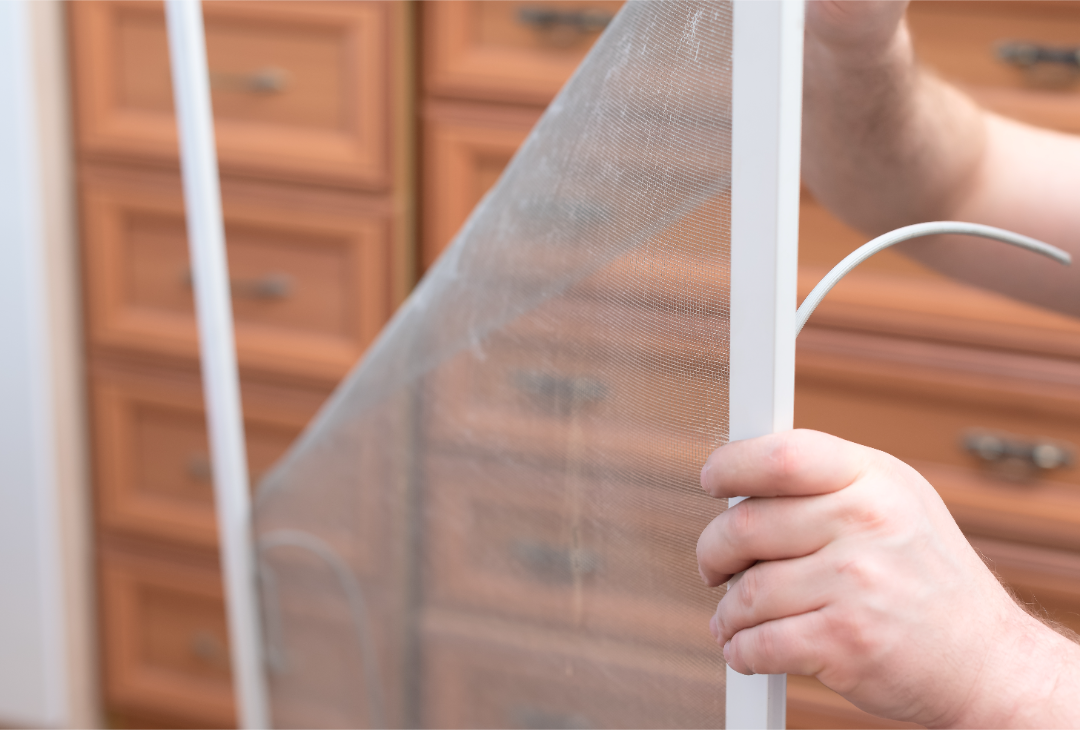
Screen Master brings decades of installation expertise to every project. Whether you're considering DIY installation or professional service, proper care ensures your screens last longer and perform better.
When to Call Screen Master
While many homeowners handle basic installation, Screen Master's professional service makes sense for:
- Custom screen installations
- Hard-to-cut materials
- Multiple screen projects
- Complex window configurations
Professional installation runs $15 to $50 per screen for labor, not counting materials. Screen Master backs our work with solid warranties on both craftsmanship and materials.
Keeping Screens Clean and Fresh
Your screens need regular care to last longer. Mix 1/4 cup dish soap with 1/2 gallon of water for cleaning. Screen Master recommends cleaning in spring and fall.
Remove screens during winter to improve solar heat gain. Store removed screens in a dry place, checking occasionally for damage. For double hung windows with tilt-in cleaning features, this process is even easier.
Fix or Replace? Making the Right Choice
Quality screens typically serve 10-15 years with proper maintenance. Small holes? Try patch kits from your local hardware store. For bigger damage, Screen Master often recommends replacement as the more cost-effective solution.
Watch for these wear signs:
- Shiny spots on matte surfaces
- Increased outside noise
- Frame damage or corrosion
Need professional guidance on double hung window screen replacement? Screen Master brings our mobile service right to your door. Contact us today for a free consultation on your window screen needs.
Making the Right Choice for Your Home
Double hungwindow screens protect your home while adding value through better ventilation and security. From full screens that offer complete protection to half window screen replacements that maximize visibility, each option serves unique needs.
Your choice of screen material shapes long-term performance. Aluminum delivers outstanding strength for windy areas, while fiberglass offers crystal-clear views and simple maintenance. Pet owners trust our specialized materials to handle daily challenges from active animals.
AtScreen Master, we bring our shop to you. With over 20 years of crafting custom window screens, our mobile service delivers USA-quality products and expert installation right at your doorstep. Our team ensures perfect fit and lasting performance for every screen we install, whether you have vinyl windows or any other brand.
Quality screens protect your home for over a decade when properly maintained. Trust Screen Master to help you select screens that match your needs, enhance your comfort, and preserve your home's appearance. Contact us today for a free consultation - we'll help you make the right choice for your property.
FAQs
Are screens compatible with double-hung windows?
Yes, screens are compatible with double-hung windows. They can be installed as full screens covering the entire window opening or half screens covering just the lower portion. Both options allow for ventilation while keeping insects out.
What is the typical cost of installing window screens?
The cost of window screen installation varies depending on materials and type. On average, homeowners can expect to pay between $100 to $400 for professional installation. DIY installation can cost between $40 to $1,000, depending on the materials chosen and the number of screens needed.
Which material is best for window screens?
Fiberglass is the most popular choice for window screens due to its practicality and durability. It doesn't crease, dent, or unravel easily, making it ideal for most homes. However, aluminum screens offer superior strength and are better suited for high-wind conditions or areas requiring extra durability.
How do I measure for a replacement window screen?
To measure for a replacement screen, first measure the distance between the screen channels on the window frame. Subtract 1/8 inch from this measurement for the width. For the height, raise the window sash and measure from the lip along the screen channel to the sash, then subtract 1/8 inch. These screen dimensions are crucial for a proper fit.
How often should window screens be cleaned and maintained?
For optimal performance, window screens should be cleaned at least once a year, ideally twice – during spring and fall. Use a mixture of dish soap and water for cleaning. Regular maintenance, including inspections for damage and proper storage during winter months, can extend the life of your screens to 10-15 years.
